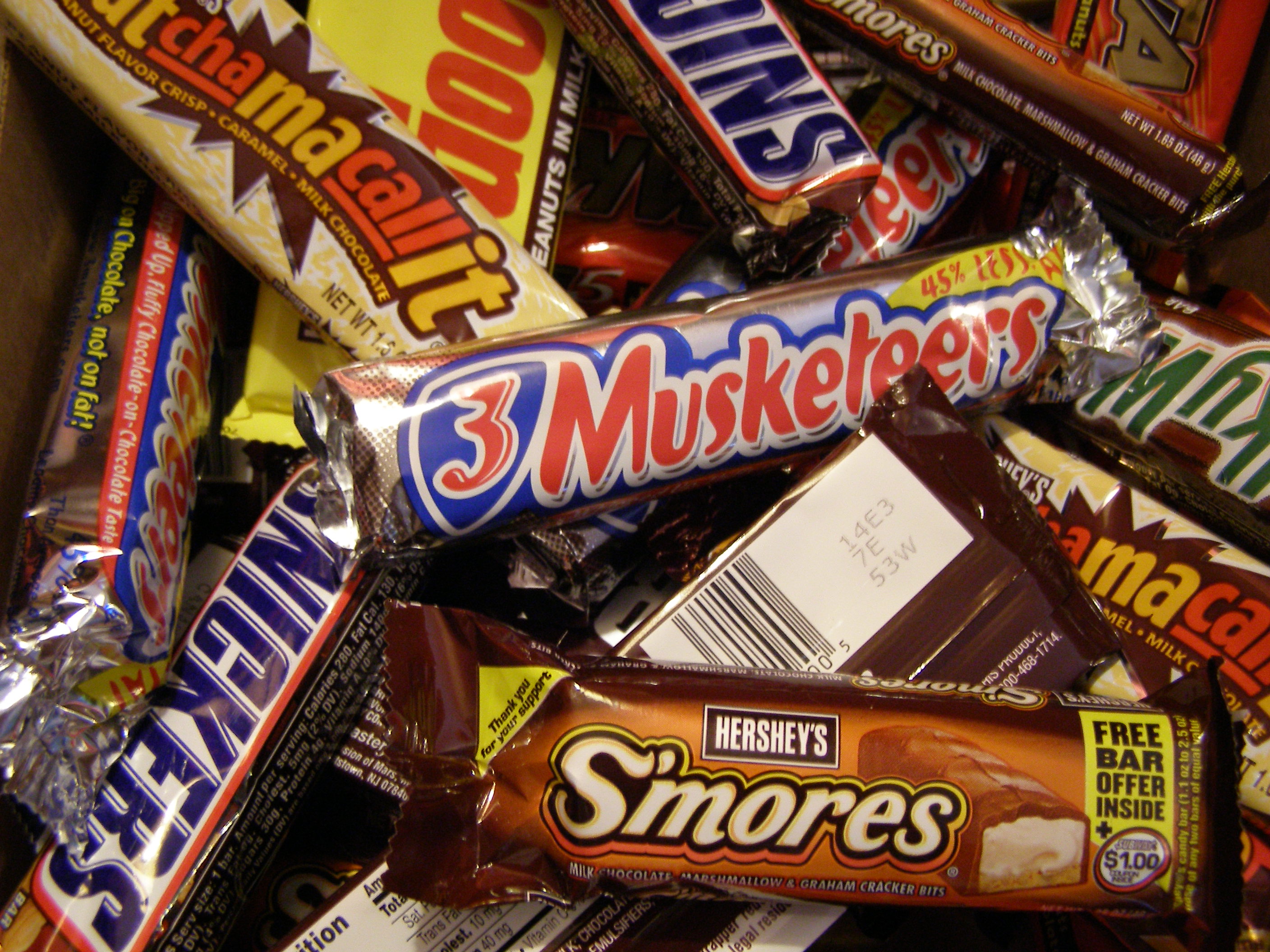Excess caloric food consumption causes changes in a brain region linked to addictions

A study led by scientists at UPF reveals that the prolonged consumption of high calorie, palatable food brings about major changes in the functionality of the nucleus accumbens of the brain. These changes have a profound impact on eating habits and are due to the activation of microglia and inflammatory processes in this part of the brain.
To carry out the study, published in the journal Addiction Biology, a group of mice was exposed to what experts consider a “cafeteria diet”, i.e. unlimited access to standard food and chocolates with high caloric value typical of cafeterias. The team of scientists led by Miquel Martín and Rafael Maldonado, principal Investigators of the Neuropharmacology Laboratory at UPF, has shown that the cafeteria diet causes the activation of microglia, the brain’s inflammatory cells, in an important region of the reward system that plays a crucial role in the development of addictive behaviour: the nucleus accumbens.
“In a healthy brain, microglia remove unwanted synapses to assist in the maturation of neural circuits. But if “synaptic pruning” is not working properly, it may result in an excessive loss of synapses, as happens, for example, in Alzheimer’s disease”, says Martín. Chronic inflammation induced by microglia affect neuronal connections in the nucleus accumbens, encouraging addiction to food and excessive weight gain.
Towards new therapies for treating obesity
To test the impact that microglia and neuroinflammation have on the functioning of the nucleus accumbens, the researchers treated the mice that followed the cafeteria diet with a microglia inhibitor. These mice responded to treatment with decreased intake of food and a reduction in weight gain. “The identification of this neuroinflammatory process highlights the importance of the reward circuits in behavioural alterations that lead to obesity”, says Martín. “It also suggests interest in neuroinflammatory response as a possible target for treating obesity”.

Obesity has reached epidemic proportions globally, with at least 2.8 million people dying each year as a result of being overweight or obese, according to data from the World Health Organization for 2017. “Whereas previously this disease was only associated with high-income countries, obesity has become a prevalent disease also in low- and middle-income countries”, asserts Martín. He concludes, “We need to find a solution to obesity, and treating food addiction could be a complementary approach to that”.
Reference article: Miriam Gutiérrez-Martos, Benoit Girard, Sueli Mendonça-Netto, Julie Perroy, Emmanuel Valjent, Rafael Maldonado & Miquel Martin. Cafeteria diet induces neuroplastic modifications in the nucleus accumbens mediated by microglia activation. Addiction Biology, September 2017. doi:10.1111/adb.12541
Superior picture: Candy pile - Adam Kalsey
Figure. Prolonged exposure to free-choice CD access led to alteration in structural plasticity in the nucleus accumbens, which was reverted by minocycline chronic treatment.
